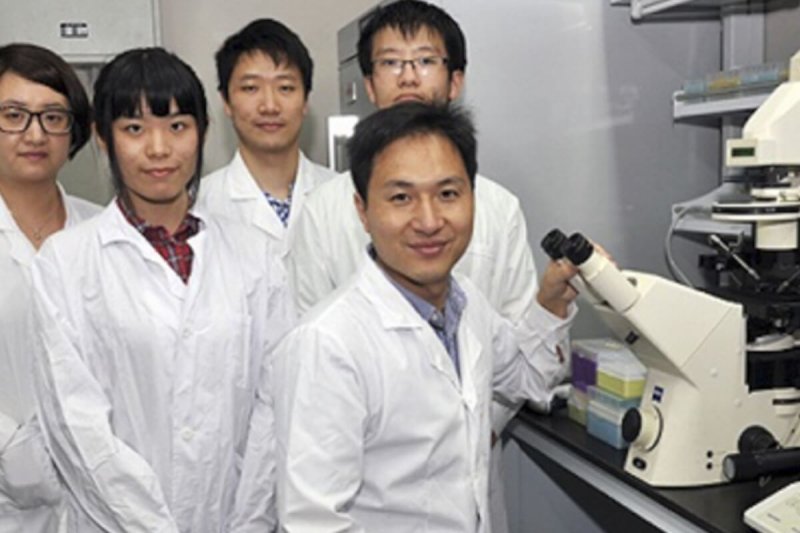Around this time last November, Chinese scientist He Jiankui stunned the world when he revealed the birth of the first known gene-edited babies.
…
In the aftermath, leading scientists and ethicists published an open letter in the journal Nature calling for a temporary moratorium on human germline gene editing — that is, editing eggs, sperm, or embryos to make genetically modified children. But it’s been a year, and there is still no unified set of rules to dictate whether or how scientists should conduct this research.
…
Meanwhile, at least one scientist is already planning more gene-edited children. In June, Russian molecular biologist Denis Rebrikov said he wanted to use CRISPR to create more HIV-resistant babies, but in a more ethical way than He’s experiment.
…
In the absence of formal regulations, a World Health Organization committee convened in response to the Chinese CRISPR babies has proposed a stopgap measure to help dissuade bad actors. The committee said in August that it is launching a registry to track all clinical trials that involve human genome editing, both in people and in embryos, and is calling on researchers doing such work to register their trials in the database.
Read full, original post: There Still Aren’t Any Rules Preventing Rogue Scientists From Making Gene-Edited Babies































